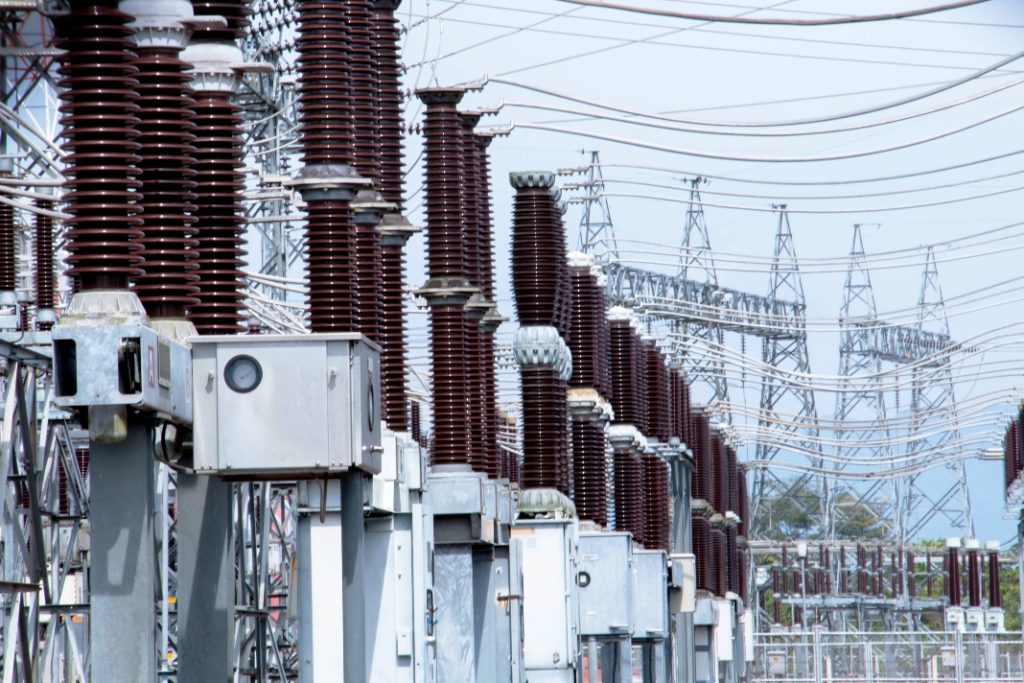
Top scientists and engineers are urging government and industry to work together to harden and reshape the nation’s power grid with a goal of adding resiliency and agility to survive and recover from natural and manmade threats.
“Increased collaboration between the government and power providers is essential as we consider opportunities to further protect the grid,” said Craig Miller, NRECA’s chief scientist. “Fortunately, that collaboration already exists on a number of levels, both within the electric sector and among industry and government agencies.”
Miller was among a panel of experts convened by the National Academies of Sciences, Engineering, and Medicine to conduct a study on behalf of the U.S. Department of Energy and make recommendations to improve grid security and assess potential vulnerabilities.
“Those include natural disasters, physical attack, and cyber attack,” said Miller. “The question we at the National Academy addressed is how to respond more effectively to failure when it does occur and restore power more quickly.”
The committee focused on reducing the nation’s vulnerability to large blackouts that extend over several states and last at least three days. The report called for improvements in the process of systematically envisioning and assessing long-term disruptions and developing strategies to mitigate damage and economic disruption and protect lives and property.
“Outages caused by natural disasters are more common than one might think,” said M. Granger Morgan, professor of engineering at Carnegie Mellon University, who chaired the committee. “While the U.S. has not been subject to a large physical assault or cyberattack, both pose serious and growing risks.”
The 297-page report recognized the work being done by co-ops to promote advancements in cybersecurity, noting that NRECA “is undertaking a range of research activities that adopt a longer-term perspective.”
It also outlined multi-tiered strategies for addressing potential problems, including more cooperation among stakeholder and stepped-up coordination on threat assessment, training and joint recovery planning.
“Too often in the past, the United States has made progress on the issue of resilience by ‘muddling through,’ ” the panel wrote, adding that such an approach is no longer tolerable.
The report envisions a broader role for DOE and calls for more coordination between the department and the Department of Homeland Security on identifying, upgrading and maintaining back-up assets.
“DOE should support a number of research, development, demonstration, and convening activities to improve the resilience of grid operations and recovery steps,” the report stated.
That begins with planning and preparation in advance of failure to address the threats we can expect such as local flooding in low-lying areas and the flexibility to respond when we are faced with unexpected challenges, said Miller.
Major emphasis was placed on the need for research involving both government and industry, including NRECA and its member cooperatives.
“Resilience continues through the life cycle of a disaster to learning from experience to respond better the next time,” Miller added. “Whether problems arise from sabotage or an electromagnetic pulse, we need responsive strategies.”
Derrill Holly is a staff writer for NRECA.